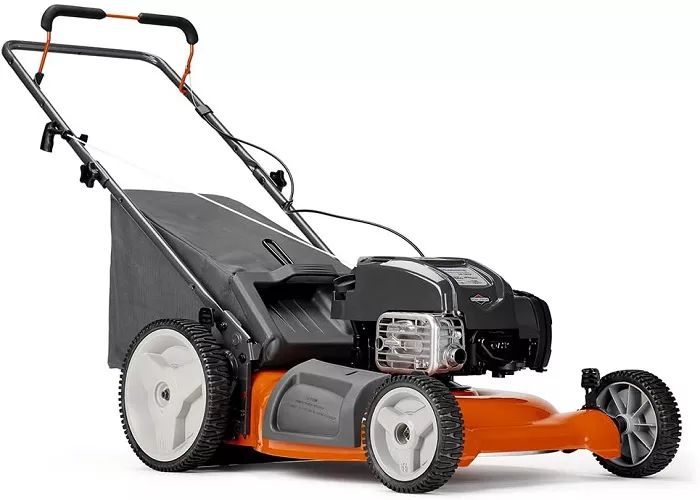Choosing the right type of gas for your lawn mower is crucial for performance, engine longevity, and fuel efficiency. Many homeowners overlook this aspect, leading to engine problems, poor operation, and costly repairs. This guide will explore the best gasoline options for lawn mowers, including fuel grades, ethanol content, and alternative fuel choices.
Understanding Lawn Mower Engine Requirements
Most lawn mowers use four-stroke engines, which require unleaded gasoline. Unlike two-stroke engines (common in chainsaws and trimmers), four-stroke engines do not need oil mixed into the fuel. However, they are sensitive to fuel quality.
Key Fuel Considerations
Octane Rating: Determines resistance to engine knocking.
Ethanol Content: Affects engine performance and longevity.
Fuel Additives: Help maintain engine cleanliness and prevent corrosion.
The Best Octane Rating for Lawn Mowers
Regular Unleaded (87 Octane): Suitable for most standard mowers.
Mid-Grade (89 Octane): Optional for high-performance or commercial mowers.
Premium (91-93 Octane): Rarely needed unless specified by the manufacturer.
Ethanol in Gasoline: Pros & Cons
Ethanol (a biofuel additive) is commonly blended into gasoline (E10 = 10% ethanol, E15 = 15%, E85 = 85%). While ethanol helps reduce emissions, it can harm small engines.
Problems with Ethanol in Lawn Mowers
Absorbs Moisture: Leads to phase separation, causing corrosion and clogged fuel systems.
Degrades Fuel Lines & Seals: Older mowers may develop leaks.
Shortens Fuel Shelf Life: Ethanol-blended gas deteriorates faster (30 days or less).
Best Practice
- Use ethanol-free gasoline (E0) if available.
- If only E10 is accessible, add a fuel stabilizer to prevent moisture damage.
- Avoid E15 or E85—these can void warranties and damage engines.
Alternative Fuel Options
Non-Oxygenated Gasoline
- Contains no ethanol.
- Burns cleaner and lasts longer.
- Ideal for seasonal equipment.
Synthetic Fuels & Pre-Mixed Options
TruFuel (50:1 or 4-Cycle): Pre-mixed, ethanol-free, and stabilized.
VP Small Engine Fuel: High-performance alternative.
Best for
- Users who store mowers long-term.
- Those wanting maximum engine protection.
Diesel vs. Gasoline Lawn Mowers
| Feature | Gasoline Mowers | Diesel Mowers |
|---|---|---|
| Fuel Efficiency | Lower | Higher |
| Torque | Moderate | High |
| Maintenance | Simpler | More complex |
| Cost | Cheaper fuel | More expensive fuel |
How to Store Gas for Lawn Mowers
Use an Approved Fuel Container: Metal or EPA-approved plastic.
Fill to 95% Capacity: Reduces air exposure and moisture buildup.
Add Stabilizer Before Storage: Mix well.
Store in a Cool, Dry Place: Away from direct sunlight.
Drain or Run the Tank Dry: If storing for more than 3 months.
Common Fuel-Related Lawn Mower Problems
| Problem | Cause | Solution |
|---|---|---|
| Engine Won’t Start | Old gas, clogged carburetor | Use fresh fuel, clean carburetor |
| Rough Idling | Water in fuel, bad gas | Drain tank, refill with E0 |
| Black Smoke | Oil in combustion chamber | Check oil levels, replace if overfilled |
| Stalling Under Load | Low octane fuel | Use 87+ octane, clean air filter |
Expert Recommendations
For most mowers: 87 octane, ethanol-free gas + stabilizer.
For long storage: Drain fuel or use non-ethanol gas with stabilizer.
For commercial mowers: Follow manufacturer guidelines; consider synthetic options.
Conclusion
The best gas for lawn mowers is fresh, ethanol-free (E0), 87-octane unleaded gasoline with a stabilizer for extended storage. Avoid ethanol blends when possible, and always use high-quality fuel to ensure smooth operation and engine longevity. By following these guidelines, you can maximize your mower’s performance and avoid costly repairs.

